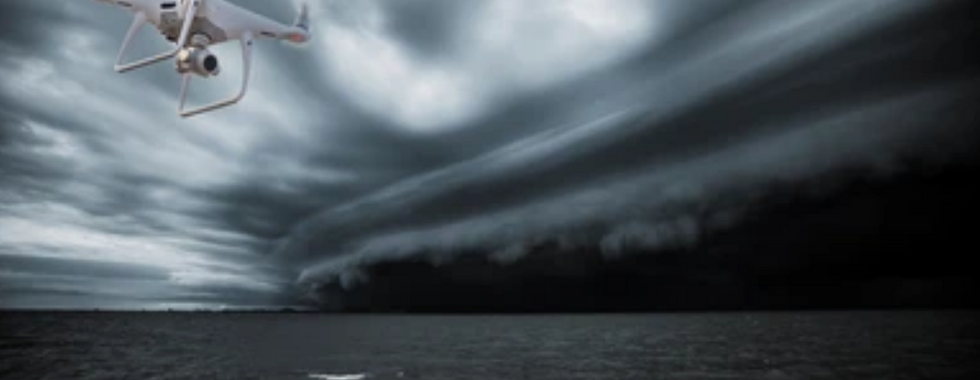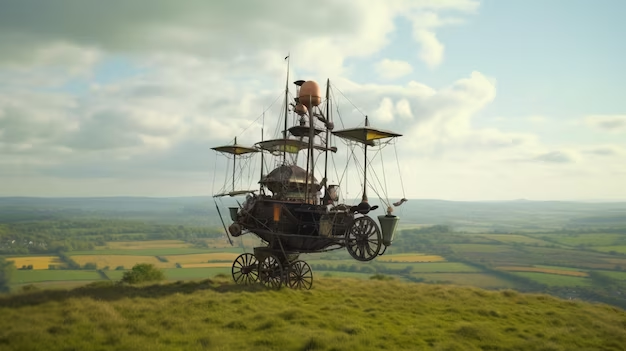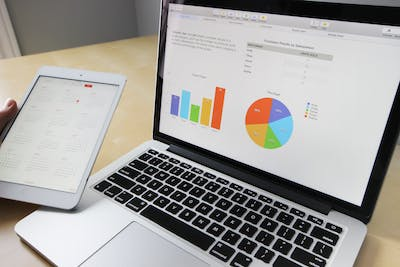Drones in Law Enforcement: Surveillance, Crime Prevention, and Investigation
- Sivasakthi Selvam
- Jul 13, 2023
- 5 min read
Updated: Sep 11, 2023
We all know that drones are Unmanned Aerial Vehicles(UAVs) that can fly autonomously, without the help of a pilot. Drones are nowadays getting to be used in many fields. But do we know the full details of how they are applied in the field of Law Enforcement? After Covid times in India, Drones were widely used for the surveillance of the public as everyone was not allowed to go outside of their homes unless they require something inevitable. Police departments used drones for many purposes such as Surveillance, preventing crime incidents, and involving in the investigation. Drones are the game changers and revolution providers now in public safety and security. So let's find out the rise of why drones started playing a big role in law enforcement agencies all over the world, significantly turning their work very easier and safer.
How do Police departments use drones?
When a person is lost in a deep forest and cannot be retrieved by anyone including police, no other technology is best than drones. Drones are very helpful for police departments, playing major roles in finding the thief or cracking a complicated mystery case, or saving a person from a place where no one can able to make it. Drones make their work very simple, and easier and also bring safety and security for the police when they are indulged in any rescue process. Here are the major applications of police drones.
1. RECONSTRUCTION OF TRAFFIC CRASH (SURVEILLANCE)
When a busy highway undergoes into traffic crash, the problem starts for the particular traffic police in charge of that highway. No one knows where traffic starts and how it can be resolved. Solving the traffic becomes a terrific puzzle for traffic police to clear. When traffic occurs, we do not know when it started and how it started. We cannot come and blame someone for making traffic. So no one is responsible for solving it after. This comes to the hand of the traffic police.
This is where they will require police drones. Police drones are handled by the best drone handlers in the police department. Police drones fly and reach the center of traffic and try to resolve the puzzle by displaying clearly and perfectly by recording with its attached cameras. This is one of the early introduced applications of drones in law enforcement.
2. PRE-DEPLOYMENT OF DRONES
Pre-deployment of the drones can be understood by us from the name itself. Pre-deployment is the implementation of drones in every site for reconnaissance before any accidents or dangerous incidents take place. With this application, we can treat the affected person from the accident quickly and also call the ambulance for an emergency. It also can sense and report any danger that happens in front of it. With this action, we can block the hazardous things that will happen and can save lives.
Drones have the potential to save lives in various ways. They can be used in emergencies to quickly survey and assess the extent of damage caused by natural disasters such as earthquakes, hurricanes, and floods. This information can then be used to provide aid and support to affected communities. Additionally, drones equipped with medical supplies and equipment can be used to deliver aid to hard-to-reach areas, especially during emergencies. In the field of search and rescue, drones can be used to locate missing persons and provide real-time data to rescue teams, increasing the chances of successful rescues. Overall, drones have the potential to revolutionize emergency response efforts and save countless lives.
3. SEARCHING FOR PEOPLE WHO ARE LOST OR KIDNAPPED (INVESTIGATION)
Using drones for search and rescue operations has become increasingly popular in recent years. Drones equipped with advanced cameras and sensors can quickly cover large areas and provide real-time images and data to search and rescue teams. This technology has been used in a variety of situations, including locating missing persons, monitoring disaster areas, and even delivering medical supplies to remote locations. While the use of drones for search and rescue is still relatively new, it has already proven to be a valuable tool for saving lives and improving response times. This application of drones in searching for people and rescue missions is one of the greatest.
4. INTERIOR DRONE OPERATIONS
Interior drone operations refer to the use of unmanned aerial vehicles (UAVs) within enclosed spaces such as buildings, caves, or tunnels. These operations require specialized drones that are smaller in size, equipped with obstacle avoidance technology, and able to operate in limited spaces. Interior drone operations have a wide range of applications, including inspection and monitoring of hard-to-reach areas, search and rescue missions, and security surveillance. These operations have the potential to increase efficiency and safety while reducing costs and risks associated with traditional methods. However, strict regulations and safety protocols must be followed to ensure the safe and responsible use of drones in interior spaces.
Advantages and benefits of using drones in Law enforcement
The use of drones in law enforcement has several advantages and benefits. Firstly, drones allow law enforcement officials to easily gather information and intelligence in real-time, without putting themselves in harm's way. Additionally, drones can cover large areas quickly and efficiently, providing law enforcement with a comprehensive view of the situation. Drones can also be equipped with various technologies such as thermal imaging, which can aid in search and rescue missions or help track suspects. The use of drones can also help reduce costs associated with traditional methods of law enforcement, such as helicopter patrols. Overall, the use of drones can greatly enhance the effectiveness and efficiency of law enforcement operations.
Drones respond quickly:
Drones are becoming increasingly popular in emergency response situations. As first responders, they can quickly and easily survey disaster areas, provide high-resolution images and videos, and collect data to help emergency personnel make informed decisions. Additionally, drones can be used to search for missing persons and assess damage to infrastructure. Overall, the use of drones as first responders can greatly improve the speed and effectiveness of emergency response efforts.
Drones help in saving lives:
Drones have the potential to save lives in various ways. They can be used for search and rescue missions in hard-to-reach areas, such as mountains or forests, where traditional search methods may not be effective. Drones can also be used for delivering medical supplies and emergency aid to disaster zones, especially in cases where access is limited or dangerous. Overall, drones have the potential to make a significant impact on emergency response and life-saving efforts.
Drones are a cost-effective way to conduct aerial surveillance:
Drones are an increasingly popular choice for conducting aerial surveillance due to their cost-effectiveness.
Conclusion
The use of drones in law enforcement can be beneficial. Drones can cover large areas quickly and access hard-to-reach areas, providing valuable aerial surveillance. This can aid in search and rescue missions, monitoring criminal activity, and investigating crime scenes. Additionally, drones can help to reduce the risk of injury to officers in dangerous situations. However, it is important to ensure that the use of drones does not infringe on privacy rights and that proper regulations are in place. Through these applications of drones, we come to the conclusion that the usage of drones in law enforcement is really a great innovation and life-saving for each and everyone in this world. Let us make new improvements in this and use drones for a better future tomorrow!
Remember to keep exploring, innovating, and staying informed as we embark on this exciting journey into the future of drone regulation and airspace management with AEROGO INDIA.



















Yorumlar